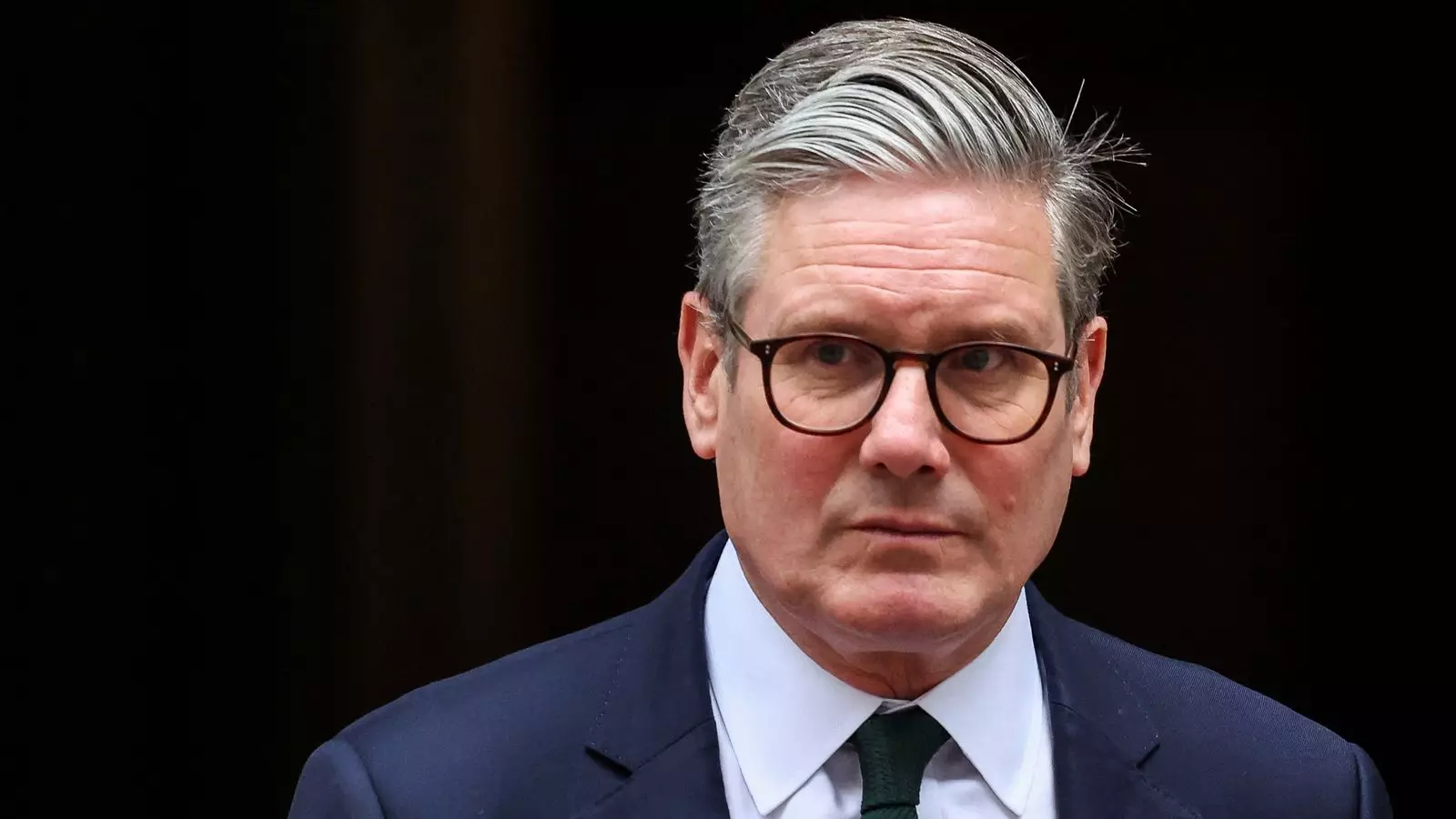As the United Kingdom embarks on a new chapter under Prime Minister Sir Keir Starmer, the shadows of the past loom large. In a crucial address, Starmer expressed the daunting reality he and his team face: the country is grappling with an economic and societal crisis unprecedented in recent history. He articulated that the government has inherited not only a financial void but also a deeper societal fracture, a scenario that demands proactive and unprecedented solutions.
This stark admission reflects the ramifications of over a decade of Conservative rule, which, according to Starmer, has been marked by “14 years of populism and failure.” This characterization aims not only to delineate the problematic policies of the previous administration but also to mobilize public sentiment. Starmer is keenly aware that addressing the past is essential for crafting a roadmap to recovery, and he is prepared to draw on the harsh realities that the UK faces.
In his first major speech as Prime Minister, Starmer underscored the necessity of confronting uncomfortable truths. His assertion that the current situation is “worse than we ever imagined” serves as a clarion call for the nation, emphasizing that honesty in governance is crucial. The notion that “things will get worse before they get better” is not merely political rhetoric; it is an acknowledgment of the long and arduous road ahead.
Starmer’s reference to the £22 billion budget deficit underscores the magnitude of the situation. Such financial realities can’t be dismissed as mere political maneuvering, especially when the Office for Budget Responsibility (OBR) itself was unaware of this substantial fiscal gap. This statement aims to intensify scrutiny on the previous administration, which left behind a legacy marked by obscured financial truths and inadequate preparedness for imminent challenges.
An intriguing aspect of Starmer’s address revolves around public safety and societal structure. He pointed to recent riots as an indication of societal unraveling, attributed to systemic failures. By stating that offenders “were betting on” a broken system, he paints a picture of a society where the absence of credible governance has led to a breakdown in civic order.
In response, the Labour government’s decision to reduce the time offenders must spend in prison before parole signifies an urgent attempt to address chronic overcrowding in prisons, a result of years of governmental neglect. This reform is just one facet of a broader strategy aimed at restoring integrity to public safety. The government’s move to prolong police detention for defendants until prison spaces become available attempts to rectify this systemic issue, yet it also opens up a discourse on crime, punishment, and rehabilitation.
The theme of transformative change reverberates throughout Starmer’s speech. He claims that Labour has already achieved more in a matter of weeks than the predecessors did in years. Initiatives such as establishing a National Wealth Fund and altering planning policies signal an aggressive push for economic revitalization and housing availability, critical elements in rebuilding trust and stability within the community.
However, Starmer’s optimistic vision faces challenges: the looming first budget, set for 30 October, presents both an opportunity and a precarious test. Balancing fiscal responsibility with the pressing need to address social issues will be no small feat, especially in light of criticisms from opposition figures branding his party as cronyist and mismanaging public funds.
Sir Keir Starmer’s address painted a candid yet challenging portrait of an administration ready to confront historical failures head-on. With the ethos of transparency guiding his governance, he seeks to rally the public around the possibility of a renewed national identity—one that acknowledges its past missteps while ambitiously striving for a brighter future.
Yet, as history has shown, the passage from words to effective action can be fraught with obstacles. The nation holds its breath, awaiting the forthcoming budget and Starmer’s commitment to meaningful change in an era marked by adversity. The road to recovery is steep, but with the right strategies and public support, the Prime Minister might yet forge a path towards not just economic recovery, but societal healing as well.


Leave a Reply